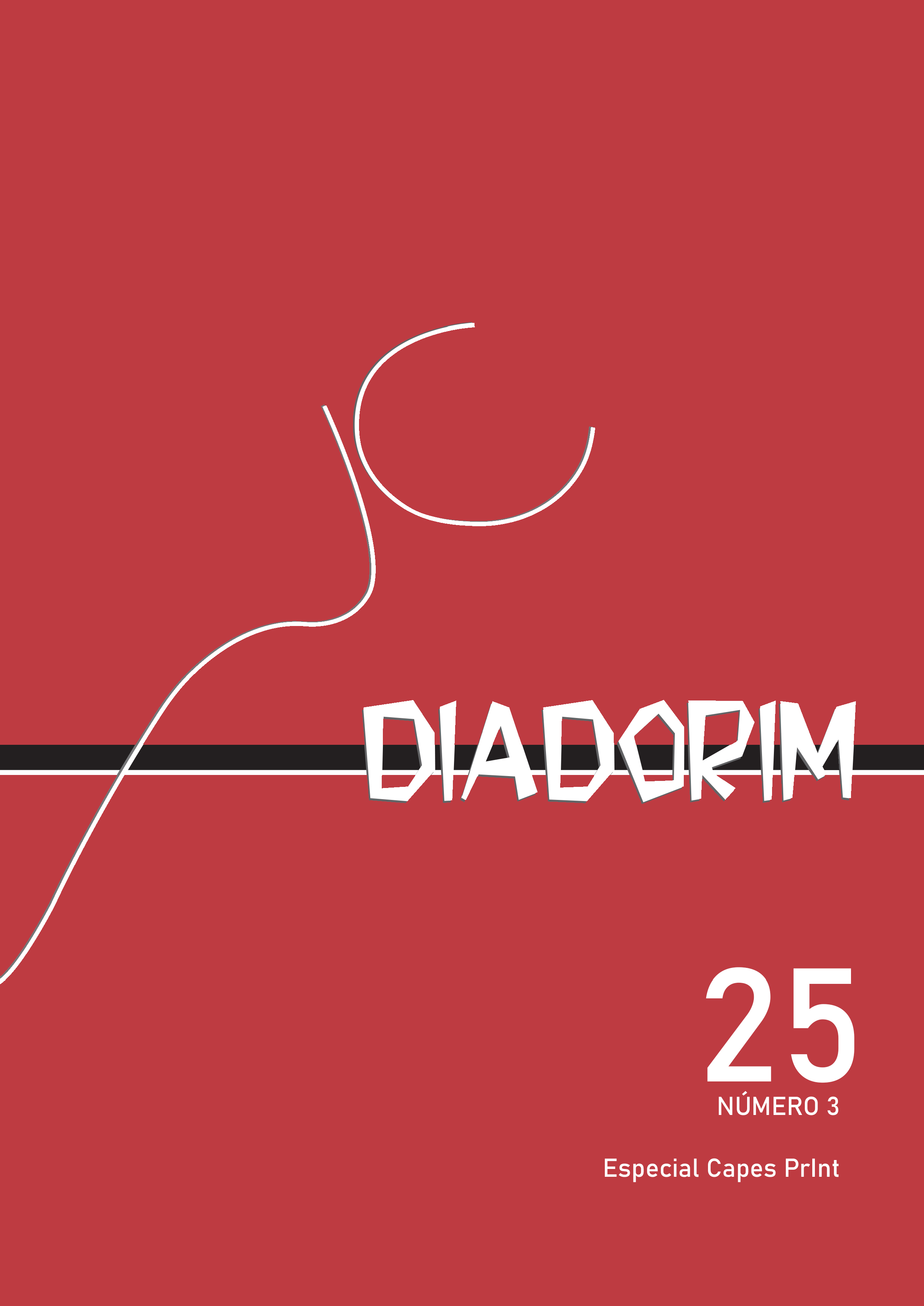Forgetting without complete erasure
How language knowledge develops by retaining traces of all experiences
DOI:
https://doi.org/10.35520/diadorim.2023.v25n3a63231Abstract
Under the Cognitive Commitment, cognitive linguists aim to characterize the fundamental principles of human language in a way that is consistent with insights from other fields, such as philosophy, psychology, or neuroscience. While cognitive linguistic research has indeed proceeded in line with what is known about cognition, one area of research has not been consulted very closely. Namely, insights from memory engram research have rarely been considered, despite their obvious relevance to usage-based accounts of language learning and use. One reason behind the neglect is that “the gap between the behaviour of neurons and that of people was deemed too wide to bridge.” (Divjak 2019: 104) Engrams will be discussed at some length in this paper, but as a first approximation, they can be thought of as networks of neurons activated while a piece of information is processed in the brain. An engram is the physical substrate underlying that piece of information.
Downloads
Downloads
Published
Issue
Section
License

This work is licensed under a Creative Commons Attribution-NonCommercial 4.0 International License.
Copyright transfer -- Authorization to publication
If the submitted article is approved for publication, it is already agreed that the author authorizes UFRJ to reproduce it and publish it in Diadorim: revista de estudos linguísticos e literários, the terms "reproduction" and "publication" being understood as defined respectively by items VI and I of article 5 of Law 9610/98. The article can be accessed both by the World Wide Web (WWW) and by the printed version, with free consultation and reproduction of a copy of the article for the own use of those who consult. This authorization of publication is not limited in time, and UFRJ is responsible for maintaining the identification of the author of the article.

The journal Diadorim: revista de estudos linguísticos e literários is licensed under a Creative Commons Attribuition-NonCommercial 4.0 International (CC BY-NC 4.0).

